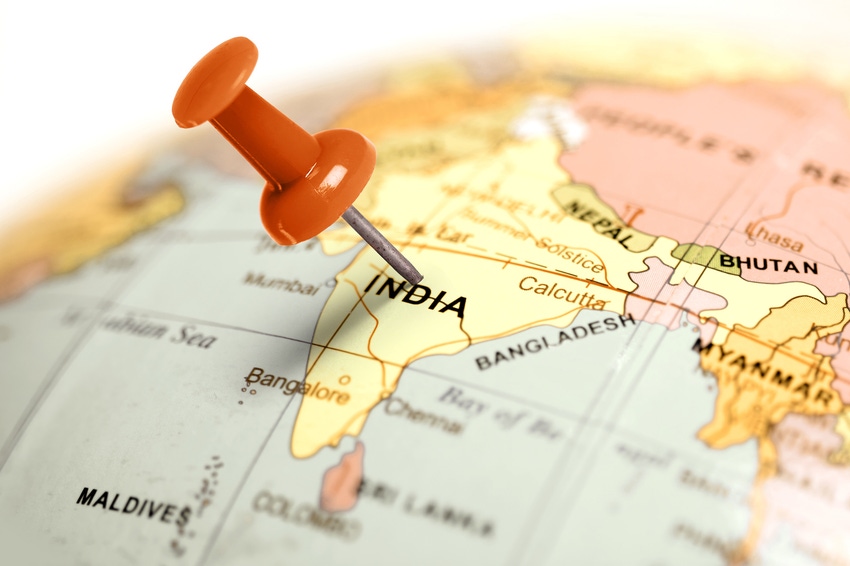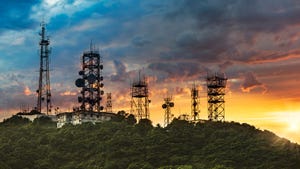National security starting to become ‘free pass’ as India seeks to block social media
In years gone governments used the idea of defending national security as a means to justify invasions of foreign lands, nowadays its turning into a free pass for rule-makers to do whatever they want.
August 7, 2018

In years gone governments used the idea of defending national security as a means to justify invasions of foreign lands, nowadays its turning into a free pass for rule-makers to do whatever they want.
George W. Bush used the idea of defending national security to hunt terrorists abroad, President Trump has somehow been managing to use it to impose tariffs on steel and maple syrup imports and now the Indian government is seeking to use the concept of defending its citizens to limit the use of social media.
Under Section 69A of the 2000 IT Act, the Indian government is investigating how it can block social media sites in the country, specifically targeting Facebook, WhatsApp, Instagram and Telegram. According to The Economic Times, the Department of Telecommunications (DoT) does have valid ambitions in mind, tackling fake news and child pornography, though limiting means by which citizens can express themselves is a questionable way to go about it.
The letter to Indian telcos “requested to explore various possible options and confirm how the Instagram/Facebook/WhatsApp/Telegram and other such mobile apps can be blocked on internet,” which was sent on July 18.
As you can imagine, there has been resistance to the idea. The Associated Chambers of Commerce and Industry of India has said “proposed measure to evolve mechanisms to block applications as a whole at the telecom operator level is excessive, unnecessary, and would greatly harm India’s reputation as growing hub of innovation in technology,” while the Supreme Court of India is also against the idea of social media monitoring. Last month, Chief Justice Dipak Misra and Justices AM Khanwilkar and DY Chandrachud warned a government plan to set up the hubs for monitoring online data risked the creation of a ‘surveillance state’ and ‘sheer intrusion into privacy’.
What is worth noting, blocking such apps will only be used in the most extreme circumstances. There have been several circumstances where fake news has been the cause of mob lynching in the country, while the government is also concerned it could influence elections due to take place next year. These are all incredibly valid reasons, though accountability and justification are two words which need to play a significant role here.
Recently the Indian government released a paper to address the inadequacies in data protection and privacy legislation. The desire to update the regulatory and legislative environment in light of societal changes is commendable, though it has not been presented in the best manner. While there will be protections for the consumer in terms of data collection and processing, these rules can be lifted for purposes relating to the government.
We understand there are extreme circumstances where extreme actions need to be taken, though lack of clarity surrounding accountability and justification leaves the process open to abuse. Considering the idea of defending national security is a very varied definition dependent on your personality, experience and content, as many grey areas as possible need to be abolished. This is in defence of a citizen’s right to privacy and the same should be said for freedom of speech.
While many look down on social media, it is a platform for expression. Many are buoyed and empowered by such platforms, therefore the government needs to tread carefully to ensure the processes in suspending privacy and freedom of speech are fully justified.
As mentioned before, extreme circumstance often require extreme actions, though there needs to be a process to ensure there is no other possible course of action which can be taken as an alternative, to maintain these rights. It should be the last possible option. With today’s haphazard use of national security to justify any actions, we worry whether this is becoming forgotten.
About the Author(s)
You May Also Like








.png?width=300&auto=webp&quality=80&disable=upscale)


_1.jpg?width=300&auto=webp&quality=80&disable=upscale)


.png?width=800&auto=webp&quality=80&disable=upscale)